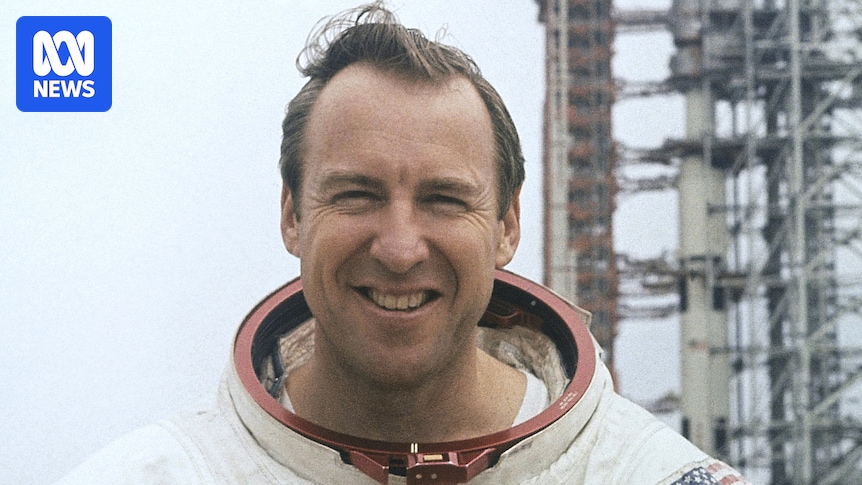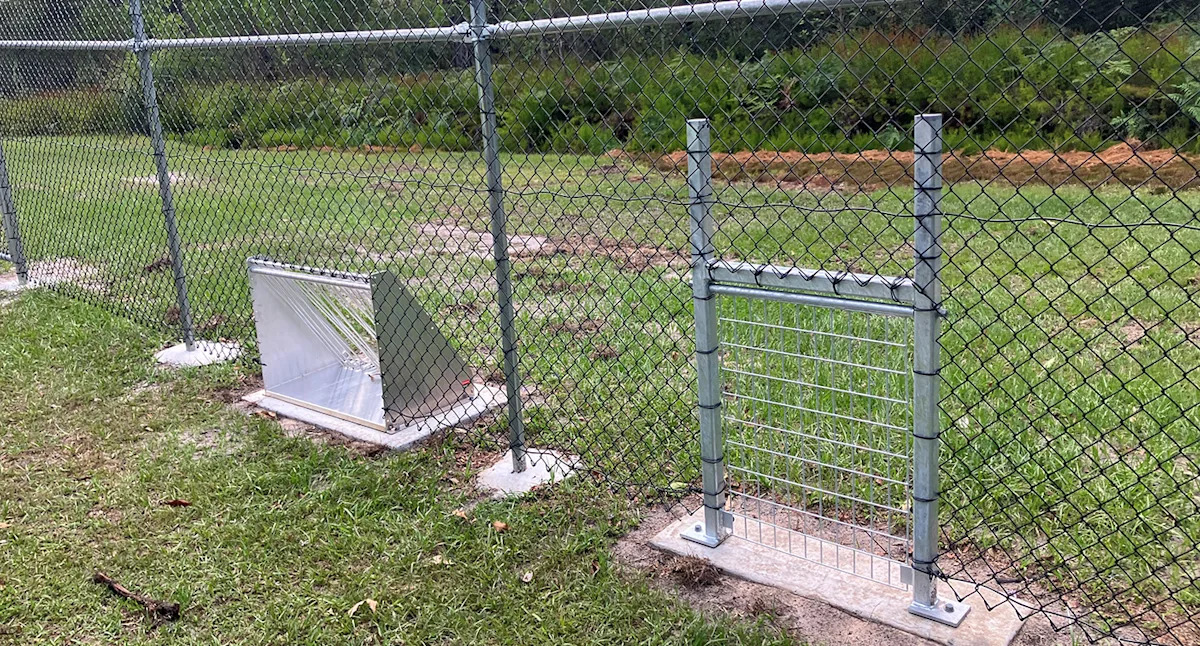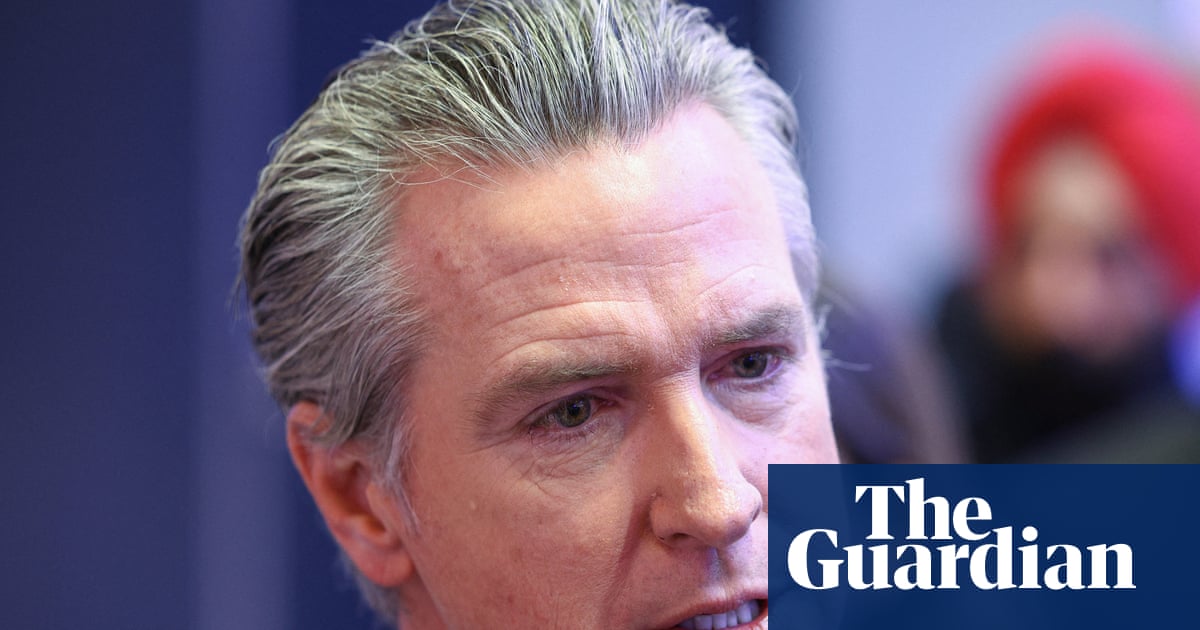
American astronaut Jim Lovell, renowned for commanding NASA’s Apollo 13 mission, has died at the age of 97. Lovell’s leadership during the 1970 mission, which nearly ended in disaster, became an iconic story of survival and inspired the acclaimed 1995 film Apollo 13, starring Tom Hanks as Lovell.
The Apollo 13 mission, initially intended to be the third lunar landing, turned perilous when an onboard explosion jeopardized the lives of Lovell and his crewmates, Jack Swigert and Fred Haise. The astronauts endured extreme conditions, collaborating with Mission Control in Houston to devise solutions that ultimately brought them safely back to Earth.
The “Successful Failure” of Apollo 13
Jim Lovell famously described Apollo 13 as a “successful failure.” Although the mission’s primary goal was not achieved, it showcased human ingenuity in the face of near-certain catastrophe. “Nothing had really been accomplished,” Lovell remarked in 2010, “but it was a great success in the ability of people to take an almost-certain catastrophe and turn it into a successful recovery.”
The mission took place just nine months after Neil Armstrong’s historic moonwalk during the Apollo 11 mission in July 1969. However, Apollo 13’s journey was abruptly altered when an oxygen tank exploded, damaging the spacecraft while it was 320,000 km from Earth.
“Houston, We Have a Problem”
The phrase “Houston, we have a problem,” immortalized by Tom Hanks in the film, originated from this mission. Initially, Swigert reported the issue to Mission Control with the words, “Houston, we’ve had a problem here.” The explosion forced the crew to abandon the command module and utilize the lunar module as a lifeboat for their return journey.
Lovell recounted the moment of crisis in a 1999 NASA oral history interview, describing the sudden “hiss-bang” and the spacecraft’s violent rocking. Despite the dire circumstances, Lovell and his team maintained their resolve, even when faced with the daunting reality of limited power and resources.
“The thought crossed our mind that we were in deep trouble. But we never dwelled on it,” Lovell said. “We never admitted to ourselves that, ‘Hey, we’re not going to make it’.”
A Legacy of Resilience and Innovation
The world watched as the Apollo 13 crew altered their course to slingshot around the moon and return to Earth, eventually splashing down safely in the Pacific Ocean on April 17, 1970. Lovell never had another opportunity to walk on the moon, a regret he expressed in a 1995 interview with the Associated Press.
Born on March 25, 1928, in Cleveland, James “Jim” Lovell attended the University of Wisconsin before transferring to the US Naval Academy. After graduating in 1952, he married his high school sweetheart, Marilyn. Lovell’s career as a test pilot at the Navy Test Center in Maryland led to his selection as an astronaut by NASA in 1962.
Honors and Personal Life
Lovell was the last surviving member of NASA’s “Next Nine” group of astronauts. He retired from the Navy as a captain and left the space program in 1973 to pursue private business ventures. His contributions to space exploration were recognized with numerous accolades, including the Congressional Space Medal of Honor in 1995, presented by then-President Bill Clinton.
Marilyn Lovell passed away in 2023, and Jim Lovell is survived by their four children. In a statement, his family remembered him as their “hero,” praising his optimism and humor.
“We will miss his unshakeable optimism, his sense of humor, and the way he made each of us feel we could do the impossible,” his family said. “He was truly one of a kind.”
Reflecting on a Storied Career
Jim Lovell’s legacy as a pioneering astronaut and leader in times of crisis continues to inspire. His story, immortalized in film and celebrated in history, serves as a testament to the resilience and ingenuity that define human space exploration. As the world reflects on his contributions, Lovell’s journey from aspiring naval officer to space hero remains a beacon of courage and determination.





